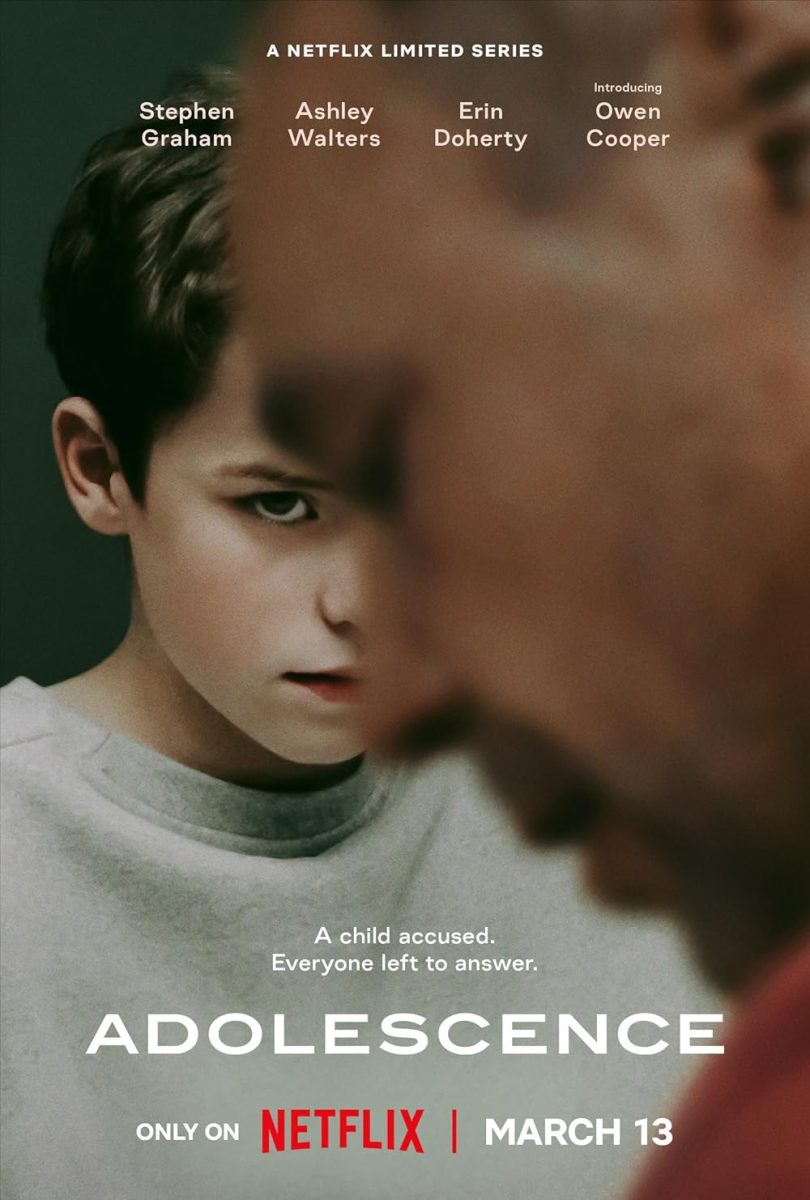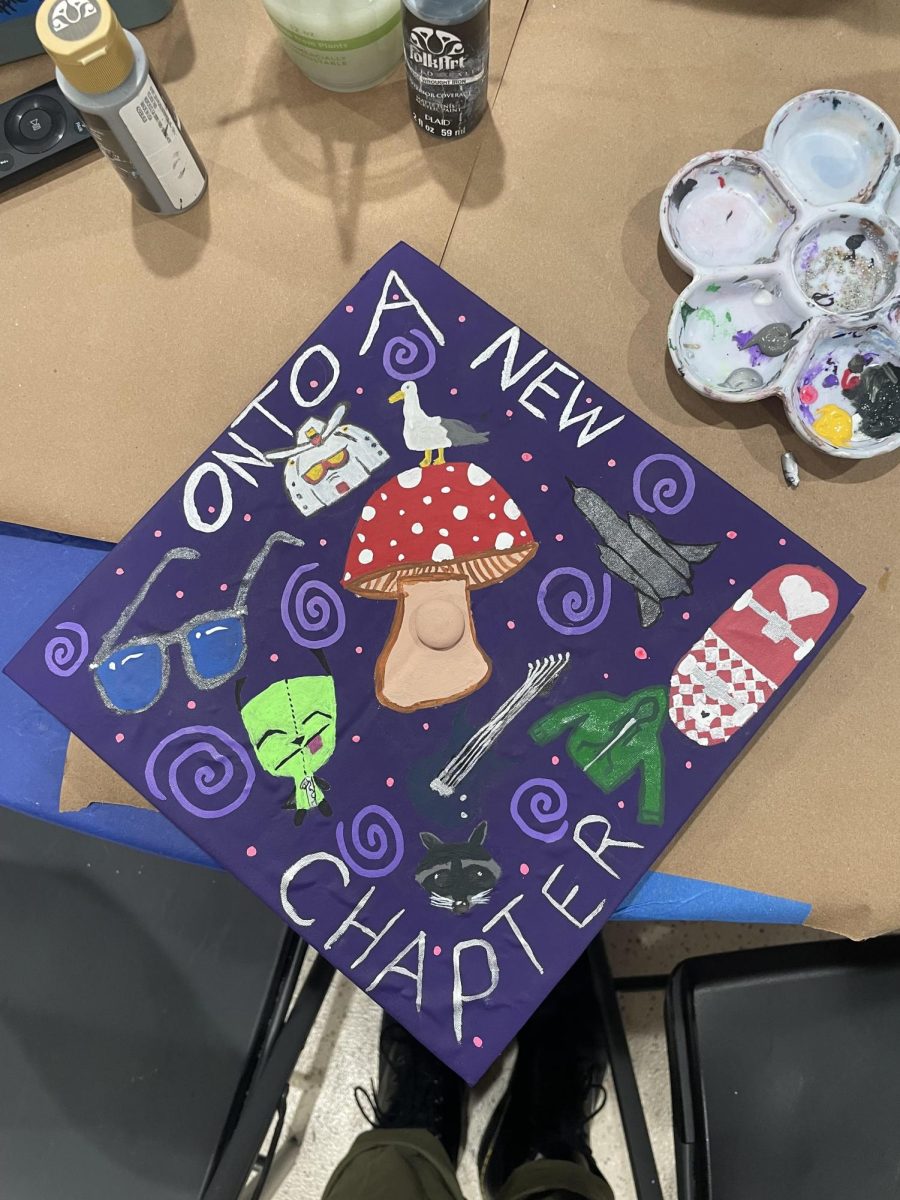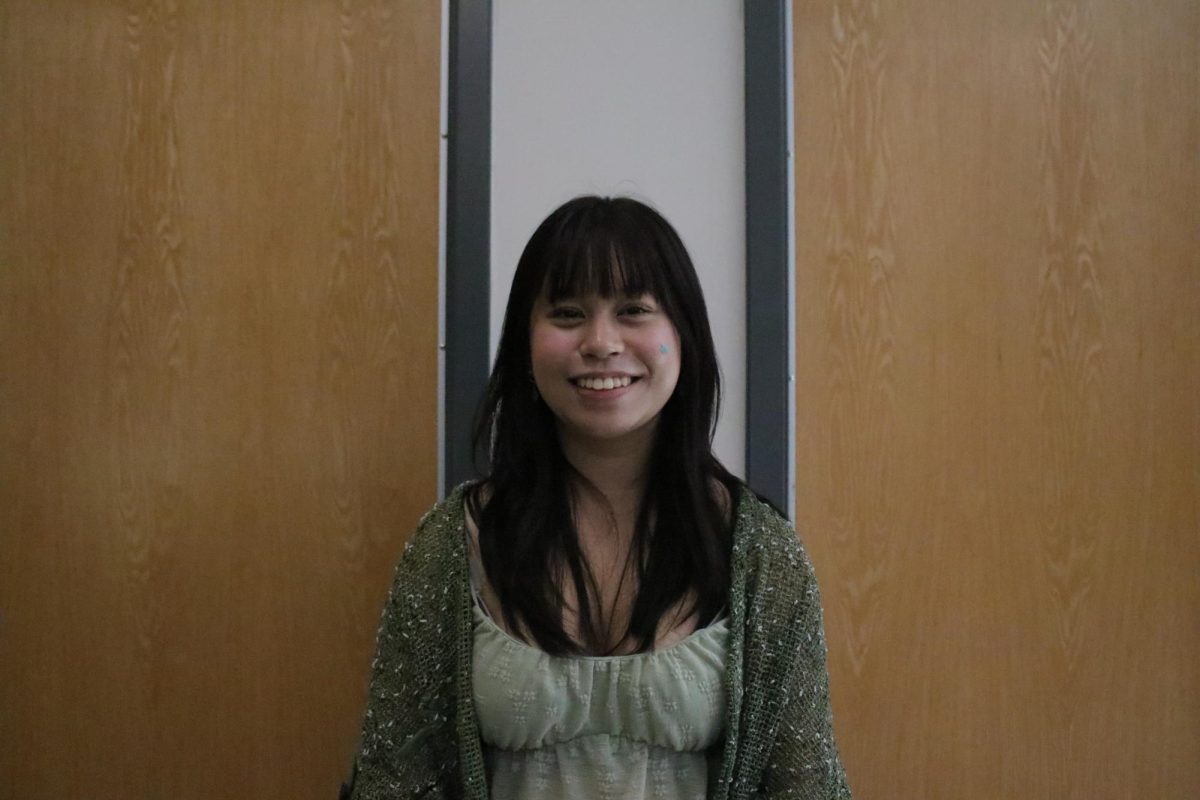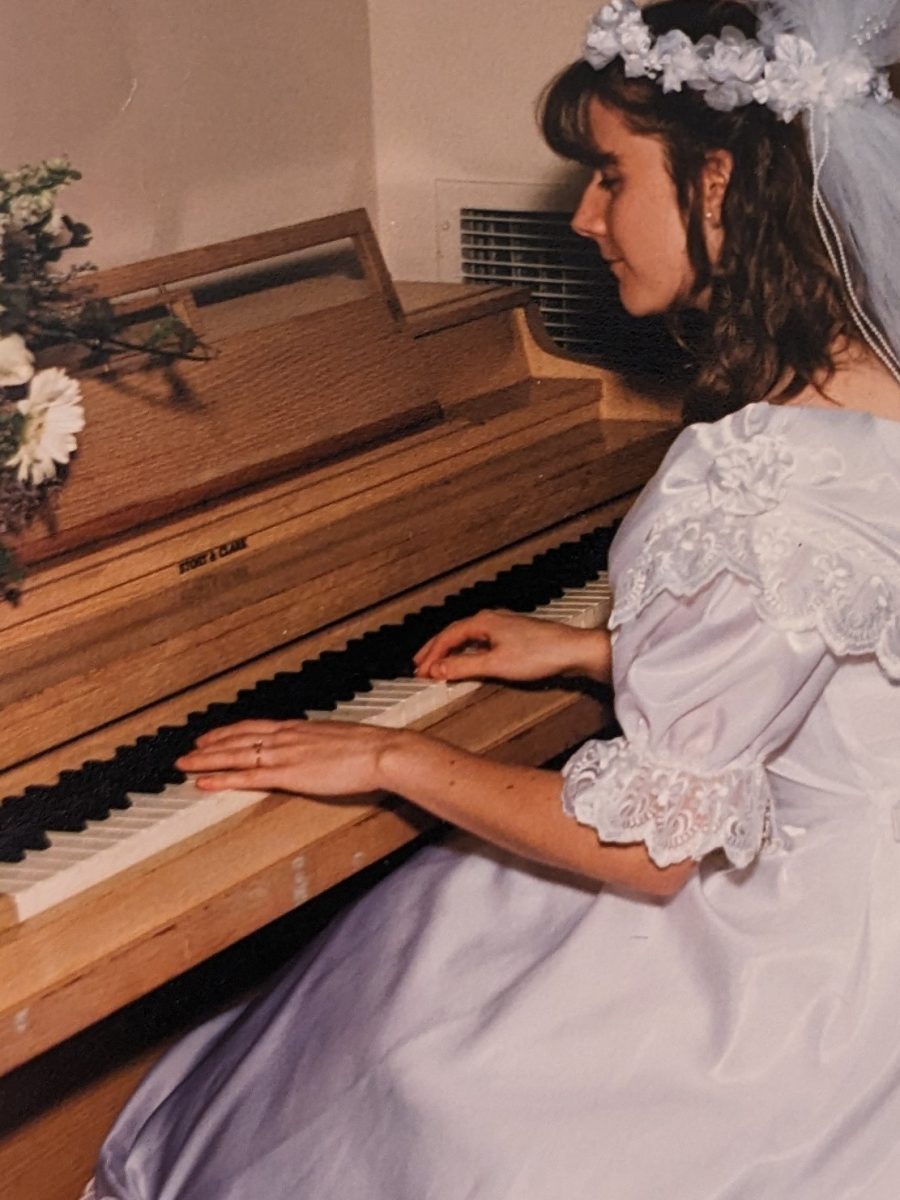Adolescence, defined as the period following the onset of puberty during which a young person develops from a child into an adult. The word has now been redefined by the British mini-series, Adolescence has taken much of the world by storm. The mini-series became Netflix’s most-watched show for its first 3 weeks after its release. (Dates from 3/11 to 4/1) The show deservedly has gotten spotlight for its terrific acting and the unique film techniques, but the majority of the talk has gone towards the impactful story. Many viewers of the show had at least a few takeaways.
The show focuses on Jamie Miller, a 13-year-old boy immediately accused of the murder of his classmate Katie. The fallout that ensued after is what got people talking. People don’t often imagine an act as cruel as murder, with a 13-year-old boy, yet here we are. After Jamie’s initial interrogation, we learn this seemingly innocent 13-year-old boy isn’t so innocent after all. Jamie Miller, the same kid mentioned to have good grades and has a good supportive family, became a killer.
Progressing through the series, we learn the true identity of Jamie and what he fell into to get to a point where he became a killer. Upon Jamie’s interrogation he continually states “I didn’t do anything wrong,” which many critics state is the first glimpse into the rabbit hole of red-pill1 content, toxic masculinity, and incel culture that Jamie had continuously consumed. Jamie’s statement wasn’t him declining to commit a murder, rather, he was declining to any moral wrongdoing on his part.
The rabbit hole of red-pill content, toxic masculinity, and incel culture that Jamie Miller fell into is a weird one. This so-called culture and/or community has been gaining traction upon the creation of the Internet, and even more traction with more and more Internet personalities such as Andrew Tate, (who was even mentioned in the show) who have realized how profitable the incel community could be. These communities have largely stayed Internet-based, as complaining about women in person is supposedly much more difficult than complaining about women under an anonymous social media account. But we’ve seen growing instances where these violent thoughts on women turn into violent action.
One of Jamie’s first incel spiels was him describing an 80% 20% rule. This so-called “rule” describes 80% of women in terms of looks, being only attracted to the top 20% of men in terms of looks. Jamie doesn’t consider his looks to be in the top 20% of other men (teenage boys in this case), and considers his looks not to be good enough. His supposed undesirable looks, he feels, the the reason for the constant rejection by Katie. Learning from the incel community, Jamie learns that if he could bring a person to a terrible state of mind, in this case Katie, she would be more desperate for validation.
Stephen Graham, the brilliant actor and co-writer of the show who played Jamie’s father, Eddie Miller, states in a Rolling Stone interview, “We’ve got to start talking about this.” Graham largely refers to the previously described growing incel and toxic masculinity culture, that so many males, specifically among teenage boys. “We’re saving lives,” Graham stated in a recent interview with Rolling Loud. The mini-series has even largely inspired a change in many UK schools to change the way they learn, teaching more topics relating to online radicalization, and monitoring just a bit more what exactly kids look into while online.
While unrelated to the greater story and message of the show, each of the four episodes was filmed in one extended take, 50 to 60-minute episodes filmed at once. Director of the show Philip Barantini and previously described starlet Stephen Graham are both familiar with the one-shot approach, having both worked on the movie Boiling Point. But the actor who played Jamie Miller, Owen Cooper, had virtually no acting experience prior to his involvement in Adolescence. Hundreds of more experienced actors auditioned for the role, but Owen eventually landed the role and poured his heart into a masterful performance. The film world is greatly excited to see what he will be up to next.
Although being an entirely fictional show, Adolescence tells us an important story of the horrors that could and often do happen during teenage life. Often, shows that involve a crime as severe as the one in Adolescence will focus on the victim of the crime, or the technicalities of the police and law enforcement involved in solving the crime. Adolescence, though, focuses on the perpetrator, the killer. And in focusing on the killer, Adolescence shows the world a problem online communities such as an incel community can bring. We view crime through the eyes of the monster, and while of course showing condolences for the victim is something we should always do, but if we don’t ever see through the eyes of a monster, we don’t know about the creation of a monster, the creation of a killer, and so much more monsters will get away.









